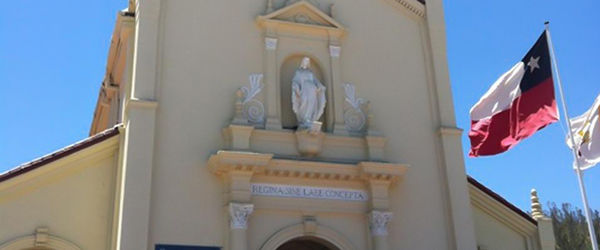"The pope is the successor of Peter. The bishops are the successors of the college of the apostles. The priests share in that to a limited degree. And that's my summary of ecclesiology."
That's funny --- as it happens, it's my summary of clericalism.
The words just quoted don't come out of the Dark Ages. I heard them spoken just a short time back. I won't name the speaker; he was talking more or less spontaneously and, with more time to prepare, might have given a better account of himself.
Besides, the view expressed is probably widely shared among both clerics and lay people even today. The roots of clericalism do indeed go very deep.
Even as a thumbnail account of the Church, though, the remark is atrocious. In leaving out most members of the Church, it reminds me of Cardinal Newman's response to a bishop who spoke slightingly of the laity: "The Church would look foolish without them." Something like a football team with only coaches and no players, I suppose.
Clericalism has been in decline for years. Pope Francis and his predecessors have repeatedly rejected it, and that's a good sign. But clericalist attitudes and assumptions remain embedded in the minds of many Catholics and, though probably unrecognized, go on doing great harm.
The harm is of several kinds. By far the worst occurs on the spiritual level, where relatively little is either asked or expected of lay people beyond a legalistic mediocrity --- spiritual excellence is equated with keeping rules (go to church, say some prayers once in a while, avoid the grosser kinds of sin).
The idea that, as Vatican Council II taught, the laity are called to be saints quite as much as the clergy and religious simply doesn't enter this clericalist picture. It's a miracle of grace that so many achieve holiness just the same.
Clericalist thinking also contributes to the passivity and non-involvement of many lay people. Ultimately, it's a major contributing factor in the disastrous split between faith and life that Vatican II so forcefully condemned.
That membership in the Church in itself carries with it the right and the duty to participate in the redemptive work of the Church --- including the work of evangelization --- fails to penetrate the clericalist mentality. If it's all up to the clerics, a clericalized lay person reasons, then leave the heavy lifting to them. (Meanwhile, another sort of clericalized layman likes to play at being a priest himself.)
At the deepest level, the damage done by clericalism is the injury inflicted upon the self-understanding of the Church. Perhaps it didn't matter so much in earlier times, when an institutional-hierarchical model of the Church suited the institutional-hierarchical structuring of society. But times have changed.
Like it or not, some version of egalitarianism is today generally accepted as the norm. Whether it is realized in practice is another question, but virtually universal lip service is paid to the ideal of universal equality. If the Church doesn't to measure up, it's in for trouble.
Fortunately, the Church has within it the resources required to respond to this challenge. For not only is hierarchical structure part of its essential constitution, so is its nature as a "communio" --- a community of faith. The project of working out a balance between the two things that suits contemporary attitudes and needs has been ongoing for years.
Once it happens (and faith moves me to believe that someday it will), that will be the death knell of clericalism. Good riddance.
Russell Shaw is the author of more than 20 books, including volumes on ethics and moral theology, the Catholic laity, clericalism and the abuse of secrecy in the Church. He previously served as communications director for the U.S. Catholic bishops (1967-87) and information director for the Knights of Columbus (1987-97).

